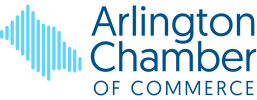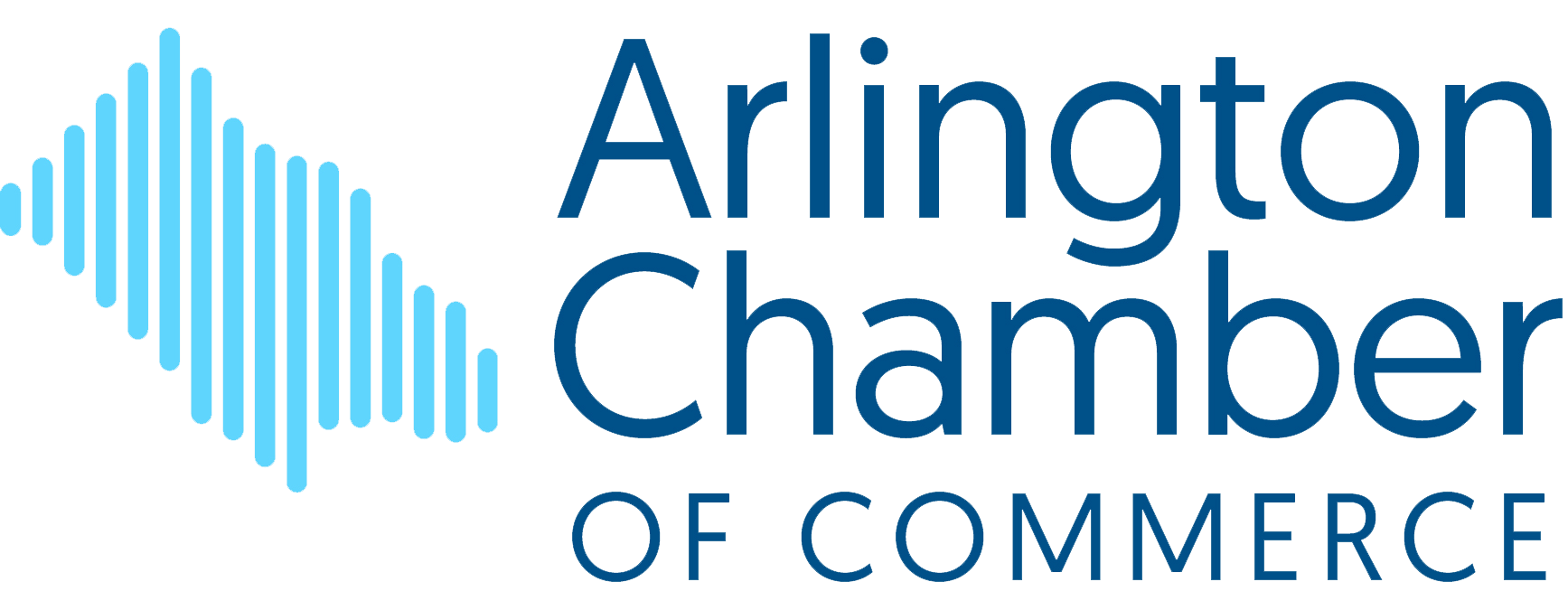Managing your financial affairs is a process, not a series of discrete decisions or events. When you think of it this way, it means that there must be a starting point to the process. Just like building a house, you have to start with a firm foundation so that the rest of the structure will be stable. If your financial foundation is strong, everything else will be more stable and increase the chances you will meet your goals. Handling these “Three Foundational Rules” will create a firm financial foundation to build upon:
- Live below your means;
- Maintain a solid cash reserve; and
- Maximize your contributions to an employer retirement plan.
While this sounds obvious and basic, it is hard for most of us to achieve in practice. Notice that the rule does not say "Live within your means" - it specifically calls for us to live below our means. We need to create the capacity to save and invest. Having a buffer each month creates that capacity and makes sure that we are not generating debt to sustain our lifestyle. If your lifestyle spending is too tight against your income, an unexpected expense will force debt without a way to pay it off. The ultimate goal of this rule is to live debt free. Think about that for a second; how would you feel if you had no mortgage payments, no car payments, no student loans, etc.?
Now that you have the capacity to save and invest, the next task is to build - and maintain - a solid cash reserve. Some people call this an emergency fund, but that isn't broad enough. Our spending pattern is not smooth and equal every month. Whether because of an unexpected event or simply the annual Arlington property tax bill, we all go through periods where our spending is higher than normal. In addition, we all experience what I call recurring, one-time events. It sounds like an oxymoron but there always seems to be something we didn't specifically plan for – and it is something different every year (e.g., the roof replacement, the car repair, the special vacation, the health issue, the job loss, etc.). The core purpose of a cash reserve is to avoid debt when things don't line up perfectly.
The size of the reserve is up to you and will depend on your situation and your tolerance for risk. If you have a stable job with few variables in your life, 3-4 months of spending set aside might be fine. For a sales professional working on commission with kids to support, 10-12 months of spending might be more appropriate. The key is to size the reserve to let you sleep well at night.
Maximize your Contributions to an Employer Retirement Plan
The first, best place for most of us to save is with our employer sponsored retirement plan. These plans (e.g., 401(k), 403(b), SEP-IRA, 457, etc.) offer features that cannot be duplicated anywhere else. First, they are often the only place we can save in a tax-deferred way. The contributions you make to your plan are made before taxes are calculated so you can lower your tax bill. In addition, many employers offer matching contributions as extra compensation and encouragement to save. These two benefits are like finding free money. Because employer plans are often relatively low cost and offer these (and other) unique benefits, it is often best to maximize your contributions here before you start investing elsewhere.
Todd Ihrig, Advisor
2439 N Rockingham St., Arlington, Virginia 22207 | (703) 536-3650 | FAX (703) 536-8969








 RSS Feed
RSS Feed
